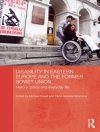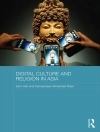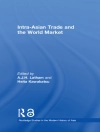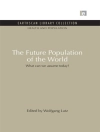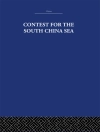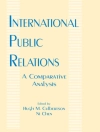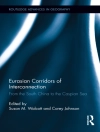This book looks at the types of new research organizations that drive scientific innovation and how ground-breaking science transforms research fields and their organization. Based on historical case studies and comparative empirical data, the book presents new and thought-provoking evidence that improves our knowledge and understanding about how new research fields are formed and how research organizations adapt to breakthroughs in science. While the book is firmly based in science history, it discusses more general sociological and policy propositions regarding scientific innovations and organizational change. The volume brings together leading scholars both from the United States and Europe.
Tabella dei contenuti
Introduction Institutional Conditions for Progress and Renewal in Science.-. Chapter 1 Fabricating an Organizational Field for Research: US Academic Microfabrication Facilities in the 1970s and 1980s Cyrus C.M. Mody, Maastricht University.- .Chapter 2 From Salomon’s House to Synthesis Centers Edward J. Hackett, Arizona State University, Tempe and John N. Parker, Arizona State University, Tempe.- .Chapter 3 The Seventh Solvay Conference: Nuclear Physics, Intellectual Migration, and Institutional Influence Roger H. Stuewer, University of Minnesota.- .Chapter 4 “Preservation of the Laboratory is not a Mission.” Gradual Organizational Renewal in National Laboratories in Germany and the United States Olof Hallonsten, Lund University, Sweden and Thomas Heinze, University of Wuppertal, Germany.- .Chapter 5 Institutional Context and Growth of New Research Fields. Comparison between State Universities in Germany and the United States Arlette Jappe, University of Wuppertal and Thomas Heinze, University of Wuppertal.- .Chapter 6 Organizing space: Dutch space science between astronomy, industry and the government David Baneke, Utrecht University.- .Chapter 7 “We will learn more about the Earth by leaving it than by remaining on it.” NASA and the Forming of an Earth Science Discipline in the 1960s Roger D. Launius, National Air and Space Museum, Washington D.C.-.Chapter 8 Interdisciplinary Research and Transformative Research as Facets of National Science Policy Irwin Feller, American Association for the Advancement of Science.
Circa l’autore
Thomas Heinze is Professor and Chair at the Institute of Sociology at Wuppertal University, Germany. His research interests include scientific creativity and research breakthroughs, governance of research organizations, research evaluation, theories of institutional change, and organizational renewal. His publications have appeared in Research Policy, Economy and Society, Science and Public Policy, Scientometrics, Historical Studies in the Natural Sciences, Kölner Zeitschrift für Soziologie und Sozialpsychologie, and Zeitschrift für Soziologie.
Richard Münch is Professor Emeritus of Sociology at the University of Bamberg, Germany, and Senior Professor of Social Theory and Comparative Macrosociology at Zeppelin University Friedrichshafen, Germany. He is a member of the Berlin Brandenburg Academy of Sciences. Among his recent publications is Academic Capitalism: Universities in the Global Struggle for Excellence (2014).


